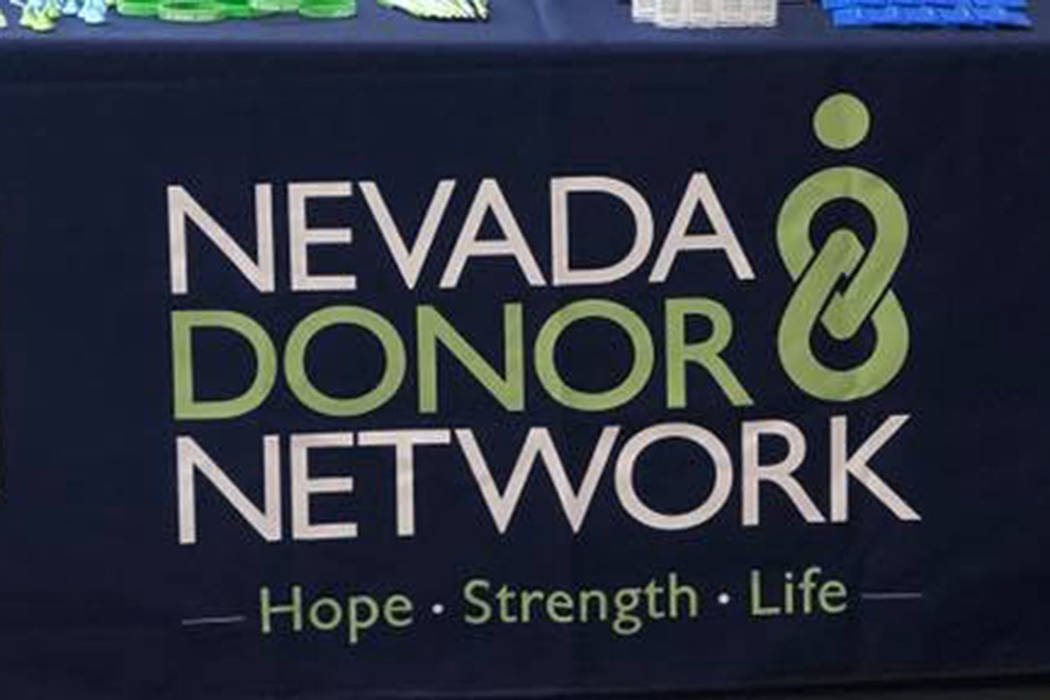Nevada Donor Network eye bank regains accreditation
The Nevada Donor Network’s eye bank has been reaccredited in most areas of operation following lapses that could have contaminated eye tissue provided to surgeons for transplant.
After updating procedures and hiring new leaders, the eye bank on Oct. 10 received reaccreditation in all areas except for tissue processing by the Eye Bank Association of America, which following an inspection and review in June withdrew its accreditation. The eye bank suspended its operations in April after identifying, and reporting to the association, instances where staff hadn’t followed protocol.
“By not adhering to our own protocols and having that breakdown … it may have introduced the potential for contamination,” said Jackie Warn, vice president of quality and regulatory affairs for Nevada Donor Network, a nonprofit organ procurement network that also facilitates tissue and cornea donation statewide.
The network contacted surgeons who had received corneas and eye tissue during several months prior to April when it was believed that protocols might not have been uniformly followed.
“We were very transparent,” Warn said.
No adverse outcomes such as infection that might have resulted have been reported to either the eye bank or the eye association, said Kevin Corcoran, CEO of the nonprofit organization that accredits the nation’s eye banks.
Nevada Donor Network “raised the red flags, and they haven’t found that the red flags resulted in any adverse reactions for patients,” he said.
Corcoran said that while he could not speak to the specifics of lapses at the Las Vegas eye bank, contamination can occur anytime tissue comes into contact with something that isn’t sterile, or if, for example, instruments used on one tissue sample are used on a second sample.
He noted that “surgeons are required to report back to their eye bank anytime there is an adverse reaction,” adding that such reactions would have come to light by now.
Corcoran said that after reinspection and review in September, the association reaccredited the eye bank in the areas of tissue recovery from donors and the screening, handling and delivering of tissue. It has not been reaccredited for processing tissue, an advanced step that involves cutting tissue to a surgeon’s specifications.
Not all eye banks perform this function, and some outsource it to other eye banks, he said.
“They’ve made a lot of changes,” he said, noting that the organization “went back to their foundation and have examined every aspect of their operation.”
Warn said that her organization went through an intensive process of ensuring that eye bank operating procedures were being followed and then worked to improve upon them. The donor network also brought in new leaders to manage eye bank operations and retrained staff.
During the time when operations were suspended, the eye bank brought in ocular tissues from its eye bank partners to meet the needs of the community.
In a statement, Nevada Donor Network President and CEO Joe Ferreira said, “It is with tremendous pride that we resume serving our community and honoring the decisions of donor heroes and our courageous families who make the gift of sight possible for others in need, both near and far.”
Contact Mary Hynes at mhynes@reviewjournal.com or 702-383-0336. Follow @MaryHynes1 on Twitter.
RELATED
Las Vegas woman's donation of son's corneas leaves her angry


















